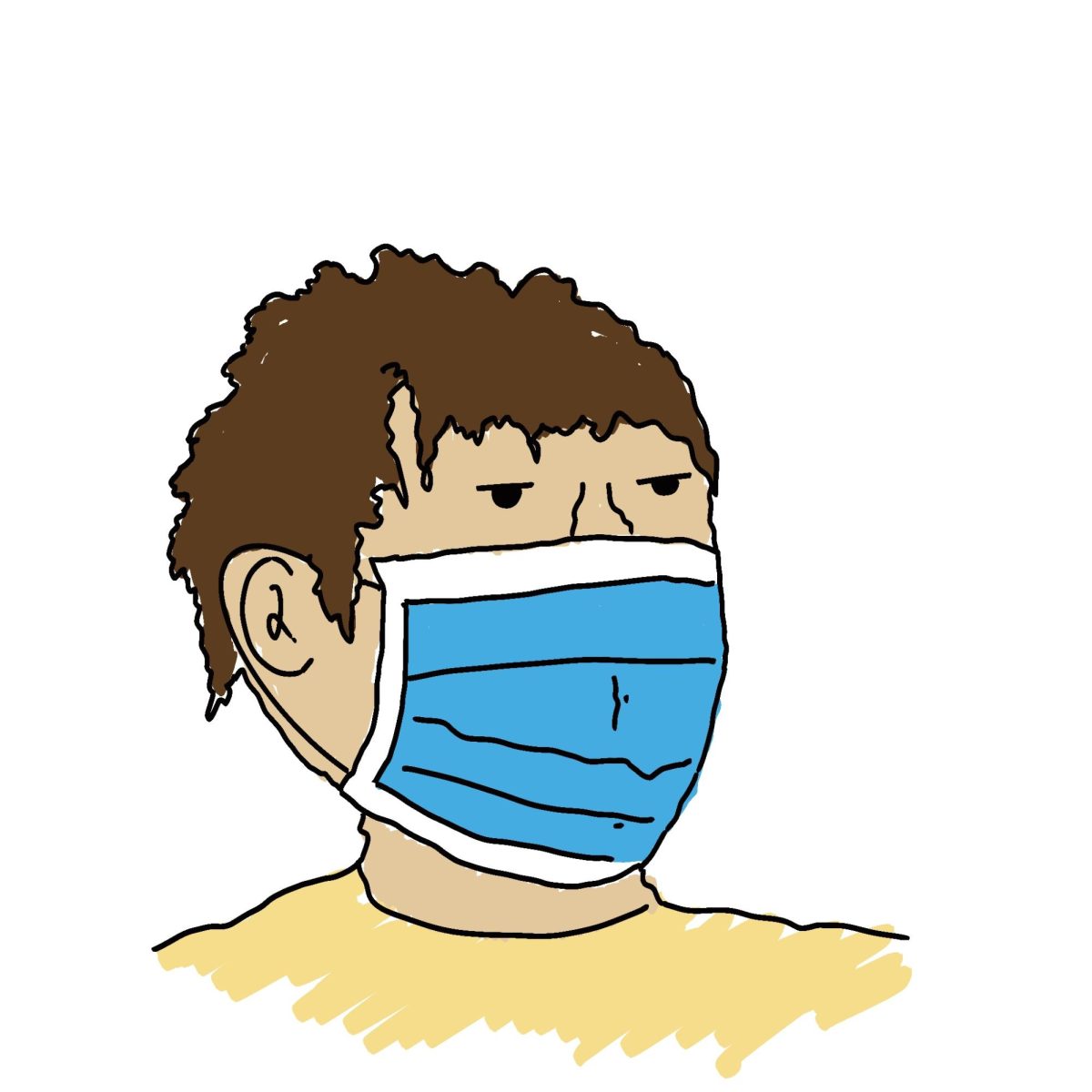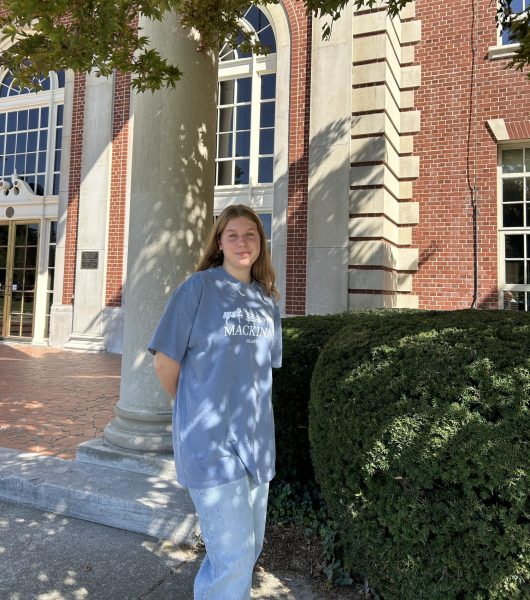Getting sick and feeling under the weather is a universal experience. It is no surprise that many South students are absent due to the numerous viruses running rampant through school. When a student is not in class receiving instruction, it can have a large effect on their grades and overall academics.
Already one-quarter of the school year has passed and bugs like mono, the flu, pneumonia, and strep have caused a shocking amount of absences. South student Lily Ozar ’27 was one of the unlucky students to be hit with a virus, causing her to miss nearly a week of school.
“I’d say [the biggest challenge of missing school] is preparing for tests after I missed the unit and actual instruction,” Ozar said. “Online [school] is just not the same as getting in-class instruction.”
Science teacher Kristen Della Mora also sees the consequences of absences, and that using Schoology, online resources and catching up later have their limits; they can’t be as successful as in-person instruction.
“Science in particular is extra challenging [to catch up in] because a lot of it is done in class,” Della Mora said. “There’s only so much science stuff that can be posted to Schoology. You can’t do a lab and you can’t do an in-class activity on Schoology.”
Teachers have acknowledged how hard it can be for students to keep up with the rest of the class after they have been absent. The amount of extra work a student has to do takes dedication to accomplish.
“It’s very difficult to catch up because classes and continuing skills are moving on,” Della Mora said. “[Students are] playing catch up while missing out on fully absorbing the new skills. Some students can do it but it really requires a lot of effort.”
Missing school has an impact on every aspect of student life. Playing catch-up, likely a lower GPA for a time and taking away personal time. When it comes to sickness, there is nothing a student can do but try their best to stay afloat.
“I felt very behind, most of my teachers were helpful, but there were some things that I needed to be there for,” Ozar said. “There were certain in-class discussions and classes [that were] important to be there to fully grasp what everyone else was.”













































































